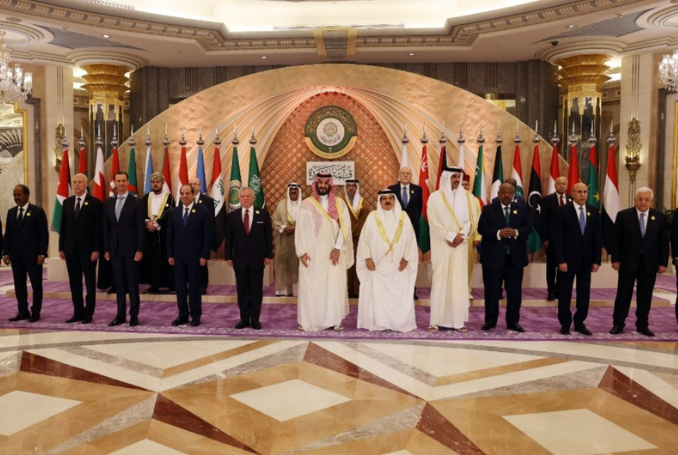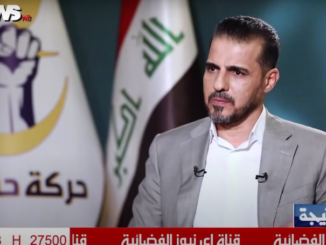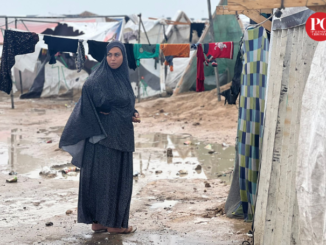
What this meeting is truly about is the Arab leadership scrambling to put together a counterproposal for a post-war Gaza rule that could be acceptable to all sides.
The 22-member State group, known as the Arab League, has for many decades faded from relevance, especially on the key regional question of the Palestinian cause.
However, its influence may now be re-emerging, as it seeks to offer a unified position on ending the Gaza war in the hopes that this will salvage the region’s deeply unpopular regimes.
On October 7, 1944, seven Arab States signed onto what was known as the Alexandria Protocol. The very next year came the formation of a body known as the League of Arab States, which included Egypt, Iraq, Transjordan, Lebanon, Saudi Arabia, Syria, and North Yemen.
It currently has twenty-two member States who maintain voting rights at the council of the Arab League, while an additional seven observer States are invited to join sessions without any vote.
Its very first major decision was taken on the issue of intervention to support the people of Palestine, and despite it being a group focused on solving disputes, brokering economic deals and unifying the Arab position on political affairs, it has devolved into a body that has little credibility left with the Arab public.
In the wake of the June 1967 war, the Arab League summit took place in Sudan’s Khartoum, which is when a resolution was unanimously adopted known as “the three no’s”: No peace with Israel, no recognition of Israel, no negotiations with it.
While this decision is viewed as a historic stance against normalisation, Israeli author Avi Shlaim later wrote of the way the Arab leaderships interpreted the resolution, “no formal peace treaty, but not a rejection of peace; no direct negotiations, but not a refusal to talk through third parties; and no de jure recognition of Israel, but acceptance of its existence as a state”.
The last real time that the Arab League had actually come together on an issue was during former Iraqi President Saddam Hussein’s invasion of Kuwait in 1991, taking a position in favour of what the United States had essentially ordered. By the 2003 invasion of Iraq, the Arab League lost its legitimacy.
On the issue of Palestine, it has served as an arena for Arab leaders to voice their opinions on the topic, without there being any expectation that action follows to implement anything. For example, in 2002 the Arab League summit was held in Beirut, which was where the Saudi-led “Arab Peace Initiative” was formally ratified. Yet, there was never any progress on the issue, and in fact, the UAE, Bahrain, Morocco, and Sudan all betrayed this vision, while Saudi Arabia itself was on the verge of discarding it in 2023.
These ineffective calls for a so-called “Two State solution” have largely been received as meaningless gestures that are done for the purposes of Arab autocrats maintaining plausible deniability over their dealing with Israel, while also pleasing the United States.
However, the current predicament of the Arab World’s leadership is now leading to what could be a historic make or break moment. The Arab League meeting that was scheduled originally for February 28, to form a unified position in opposition to the Trump administration’s proposal to ethnically cleanse the Gaza Strip.
What this meeting is truly about is the Arab leadership scrambling to put together a counterproposal for a post-war Gaza rule that could be acceptable to all sides, which has come about as a reaction to US President Donald Trump’s threats at displacing the Palestinian people into nations like Jordan, Egypt and even Saudi Arabia.
As Israel continually expands its territory by illegally seizing more land from Syria, refusing to leave southern Lebanon and eyes annexation of the West Bank, there appears to be fear for the survival of the Arab rulers, who are now forced to finally arrive at a shared position that will divert the possible catastrophe that could befall them.
It is still yet to be seen as to whether they will yet again drop the ball, even when their own self-interests are at stake.
(The Palestine Chronicle)

– Robert Inlakesh is a journalist, writer, and documentary filmmaker. He focuses on the Middle East, specializing in Palestine. He contributed this article to The Palestine Chronicle.








Be the first to comment